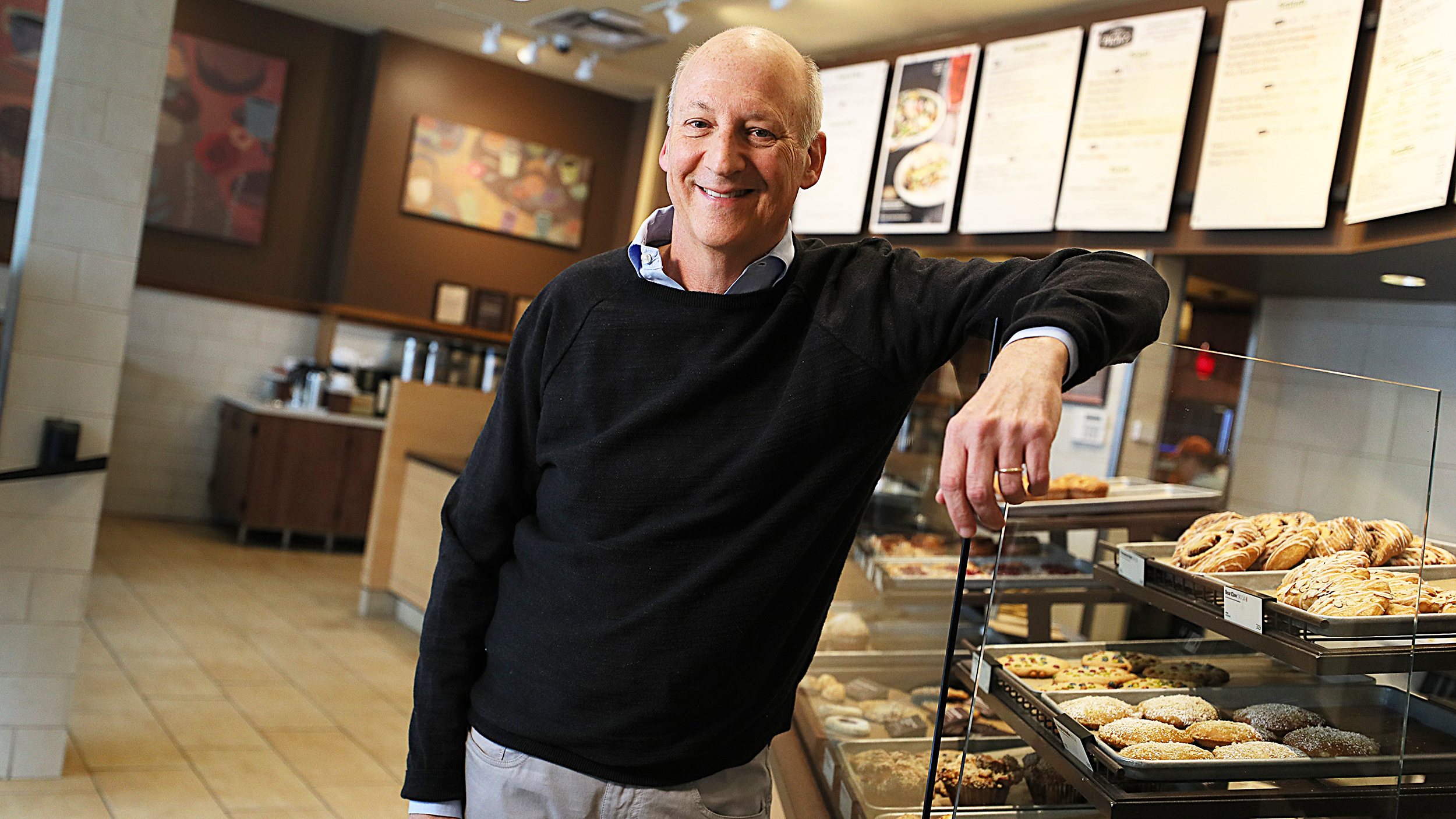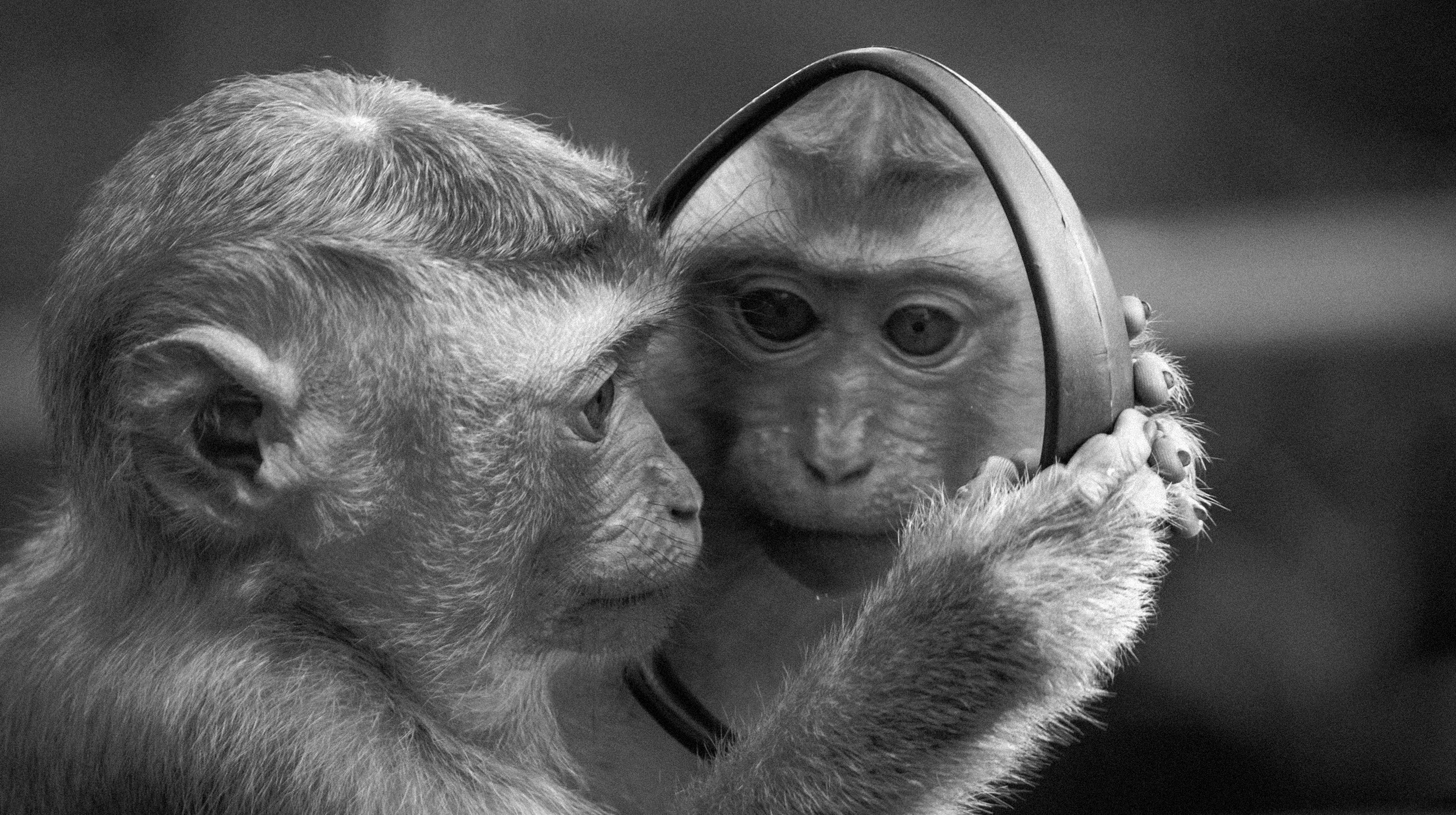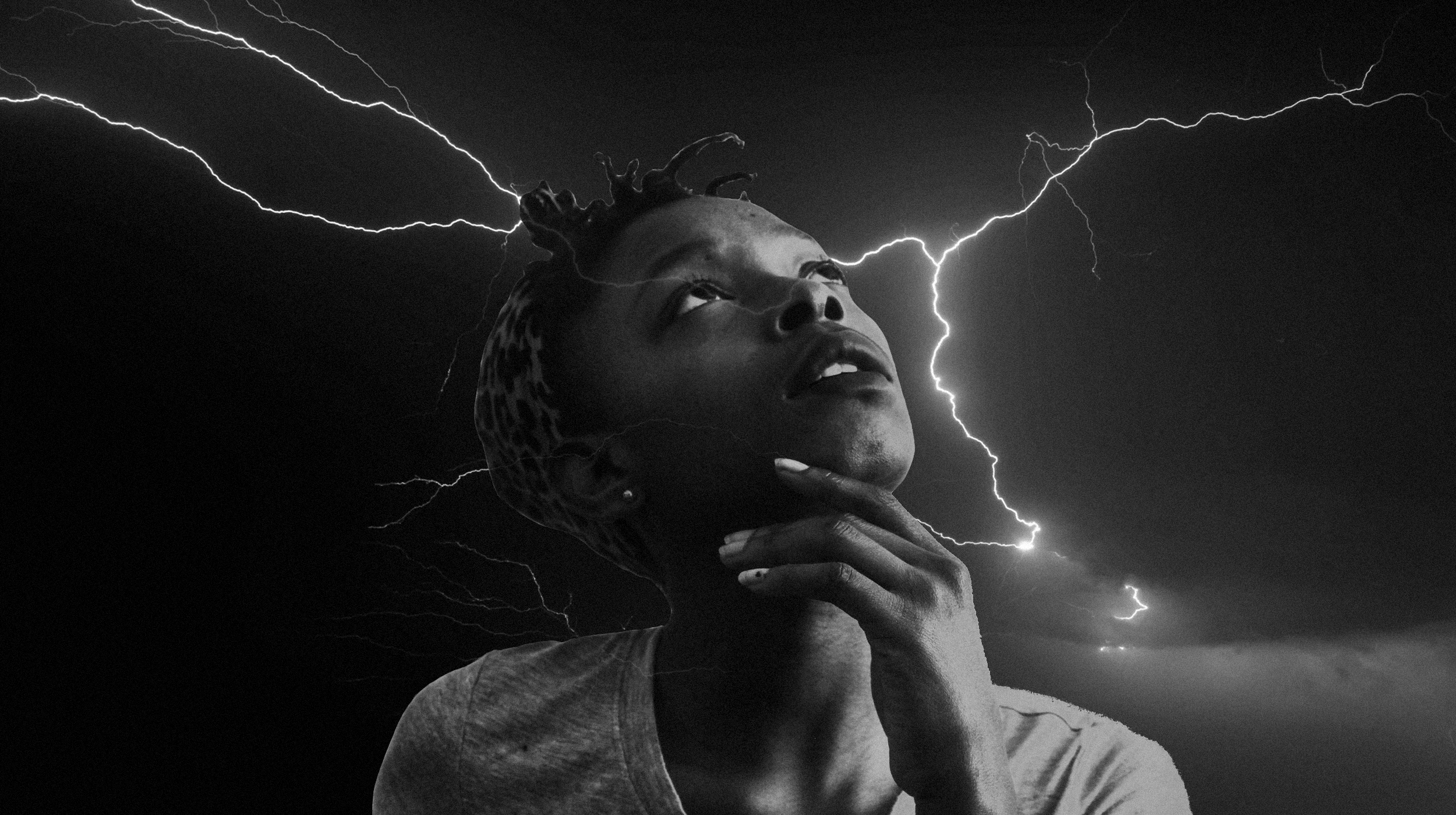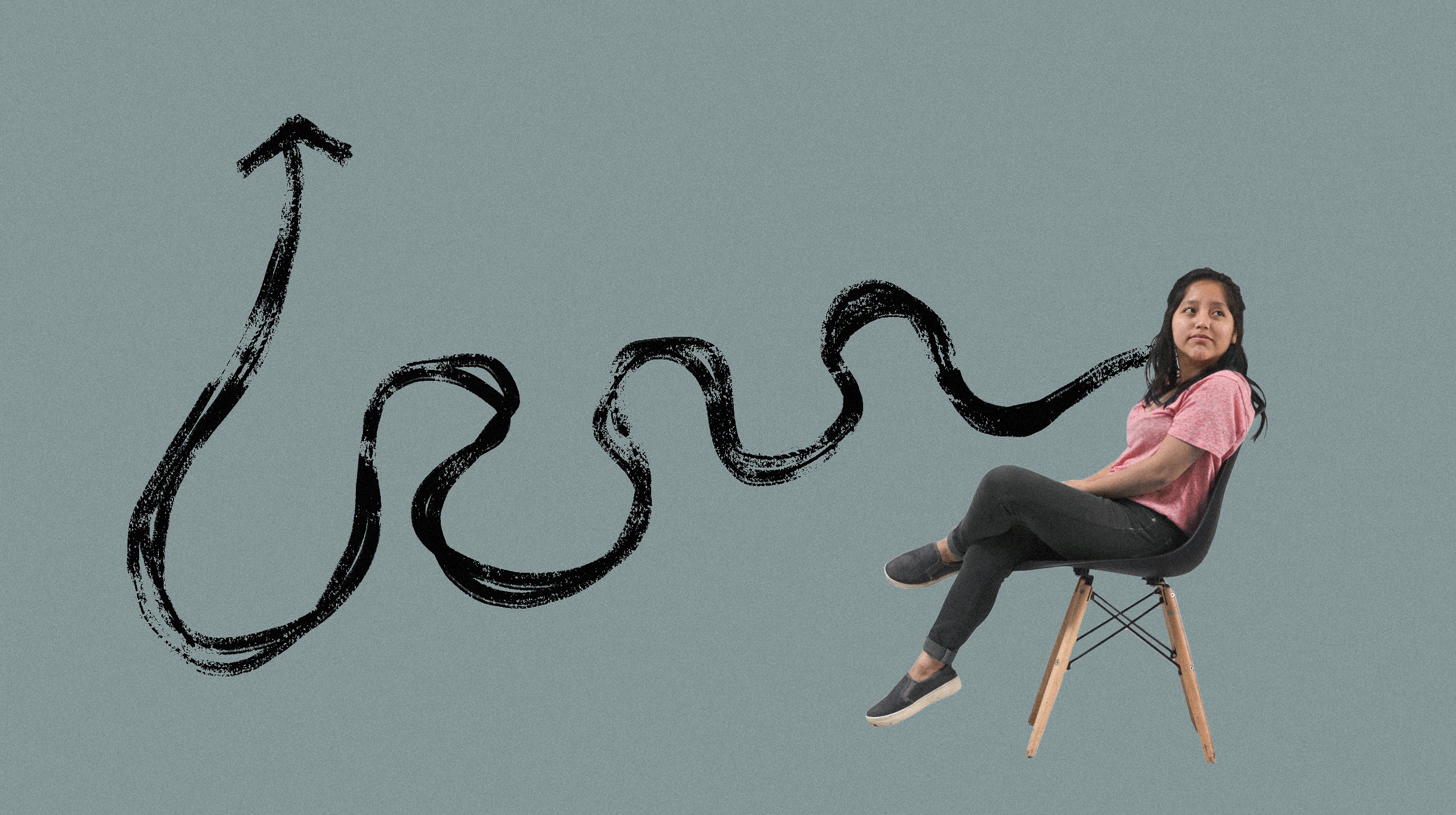decision making
Every opportunity seized is another lost — but not choosing is the worst choice of all.
Playing video games could help you make better decisions about money.
▸
6 min
—
with
Why your brain wants you to follow the crowd.
▸
6 min
—
with
A study finds that sexual regret doesn’t change how we behave in the future.
Escaping the marshmallow brain trap.
▸
6 min
—
with
Philosophers, theoretical physicists, psychologists, and others consider what or who is really in control.
▸
19 min
—
with
A recent study showed that monkeys can make logical choices when given an A or B scenario.
Study confirms the existence of a special kind of groupthink in large groups.
There is a neurological link between serotonin levels and the brain’s ability to control impulses and patience levels.
Philosophers have been asking the question for hundreds of years. Now neuroscientists are joining the quest to find out.
▸
6 min
—
with
A 2020 study published in the journal of Psychological Science explores the idea that fake news can actually help you remember real facts better.
A new survey found that 27 percent of millennials are saving more money due to the pandemic, but most can’t stay within their budgets.
New research pinpoints the neurons responsible for your choices.
In some situations, asking “what if everyone did that?” is a common strategy for judging whether an action is right or wrong.
Researchers explore the “complex web of connections” in your brain that allows you to make split second decisions.
Finances can be a stressor, regardless of tax bracket. Here are tips for making better money decisions.
▸
15 min
—
with
Research from Ohio State finds that acetaminophen affects our emotions.
Pandemic rumors and information overload make separating fact from fancy difficult, putting people’s health and lives at risk.
Join Pulitzer Prize-winning reporter and best-selling author Charles Duhigg as he interviews Victoria Montgomery Brown, co-founder and CEO of Big Think.
▸
with
Study finds quantum entanglement could, in principle, give a slight advantage in the game of blackjack.
Getting what you want often requires choosing the right strategy.
▸
26 min
—
with
Join Maria Konnikova live at 11am EDT tomorrow on Big Think!
▸
with
Teaching your child metacognitive techniques can improve their learning and life skills.
Master negotiator Chris Voss breaks down how to get what you want during negotiations.
Can thinking about the past really help us create a better present and future?
Do we really know what we want in a romantic partner? If so, do our desires actually mean we match up with people who suit them?
Three scientists examine three dimensions of psychopathy: neurological, social, and criminal.
▸
12 min
—
with
Sometimes not looking forward to something helps you get it done.
When facing a hard decision, consider choosing change over inaction.
Flow Research Collective COO Rian Doris explains how to harness the power of your nervous system to find your flow during a pandemic.





























